The Women Who Helped Topple the Caliphate
“The Daughters of Kobani” chronicles the female Kurdish fighters who battled terrorists, fought for equality, and then got stabbed in the back.
For many people outside Iraq and northeastern Syria, the Islamic State remains an abstraction. For the commanders of the Kurdish Women’s Protection Units (YPJ), one of the most intrepid fighting forces on the ground, the terrorist group was anything but. The women of the YPJ saw firsthand the savagery of the Islamic State fighters who raped, killed, and, in some cases, beheaded women, including their friends. Their existential fight against the Islamic State was also a battle to defend their deeply held commitment to women’s equality and democratic self-rule.
Few, if any, writers have told their story better than Gayle Tzemach Lemmon, whose Daughters of Kobani records in rich detail the story of the female Kurdish fighters who achieved mythical status as a key part of the U.S.-backed force that ultimately defeated the Islamic State. Lemmon, a fellow at the Council on Foreign Relations and author of a pair of previous books profiling heroic women, vividly chronicles the YPJ’s grueling fights with the Islamic State on the battlefield—from the recapture of the strategic northeastern Syrian city of Manbij in 2016 to the final liberation of Raqqa, the Islamic State’s stronghold, in 2017. The reader can feel the tension in a sniper’s knees as she crouches for a shot and hear the hiss of Islamic State fighters taunting the female commanders over the radio.
Ferocious and unwavering, these women were protective of the troops under their command, many of them men. But they were also deeply committed to their cause. This was not just a military fight but a political struggle and a responsibility to shape the future for the next generation. As Lemmon tells it, few women seem more comfortable with their power and less apologetic about owning it. When it came time to cross the Euphrates River to liberate Manbij, for instance, the YPJ women went first under the dark of night to secure the riverbank. As they racked up victories against the Islamic State, their regional stature grew, with women coming from Iraq, Iran, and Turkey to join their ranks.
Lemmon dedicates the book to her Iraqi father, with whom she shared a lifelong dialogue about the treatment of women in society. When she was young, she writes, he believed women were not equal to men. By the time he died, his daughter’s work highlighting the struggles of women had changed his mind.
Her heroines would only have reinforced his new convictions. Many Kurds follow the teachings of the Turkish Kurdish leader Abdullah Ocalan, the founder of the Kurdistan Workers’ Party (PKK), a Kurdish militia considered a terrorist group by Turkey, the United States, and the European Union. But while the Turkey-based PKK fights with Ankara to carve out an independent Kurdistan, Syrian Kurds are more attracted to Ocalan’s left-leaning ideology of grassroots democracy leavened with environmental justice; Ocalan also believes that women must be equal for society to be truly free.
But, as Lemmon notes, the Kurds’ ideological convictions also created headaches for Washington’s fraught involvement in the war. Overwhelmed by the Islamic State’s gains in Syria around 2014, the United States began casting about for a ground force willing and able to retake Islamic State-held territory. The YPJ was one natural partner (joined by other Kurdish fighters, such as the People’s Protection Units, or YPG). The female-led Kurdish forces were already engaged in a David-and-Goliath battle against the Islamic State and were in need of international support. Also, unlike the Syrian opposition—dedicated to fighting the regime of Bashar al-Assad—the Kurds were focused on defending their areas, making any showdown with Russia less likely. But Turkey, which views the PKK as a terrorist group, long objected to any U.S. support for armed Kurdish forces, even though they formed the bulk of the ground troops that eventually beat back the Islamic State.
All of Lemmon’s threads come together in Kobani, a city in northern Syria and the hometown of many of the commanders—and also the place where the YPJ delivered the Islamic State its first decisive loss. In 2016, as Kobani was on the brink of falling to the Islamic State, Turkish President Recep Tayyip Erdogan threatened to deny the international coalition fighting the Islamic State access to Turkey’s Incirlik Air Base if the United States armed Kurdish fighters on the ground. At the time, the Obama administration deferred the decision to then-President-elect Donald Trump’s transition team, which opted not to arm the Kurds.
Source: (www.foreignpolicy.com)
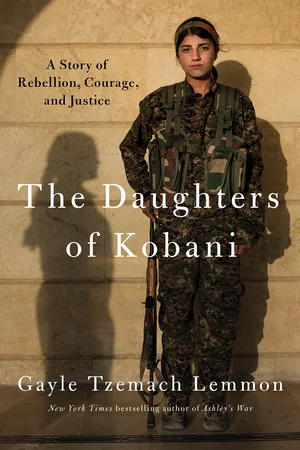

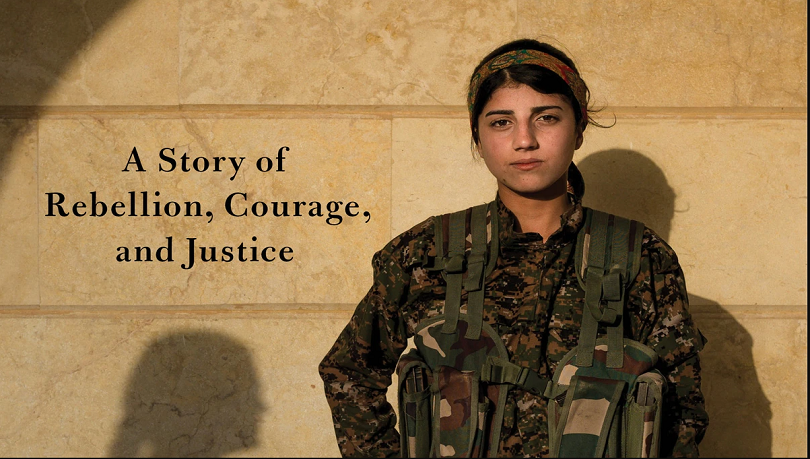

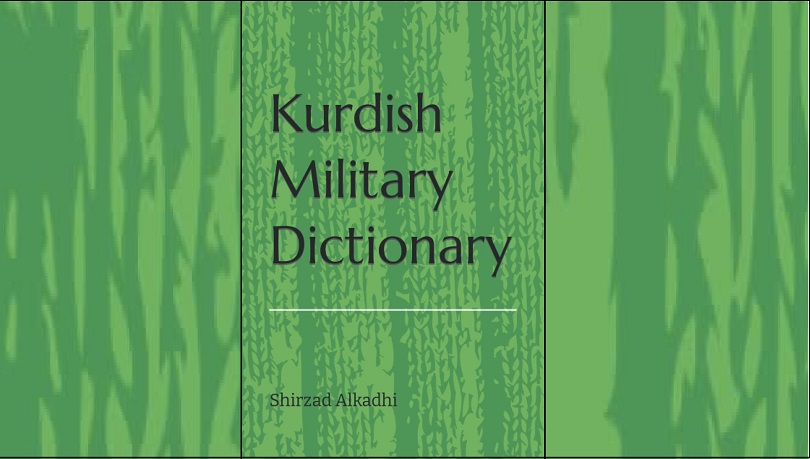






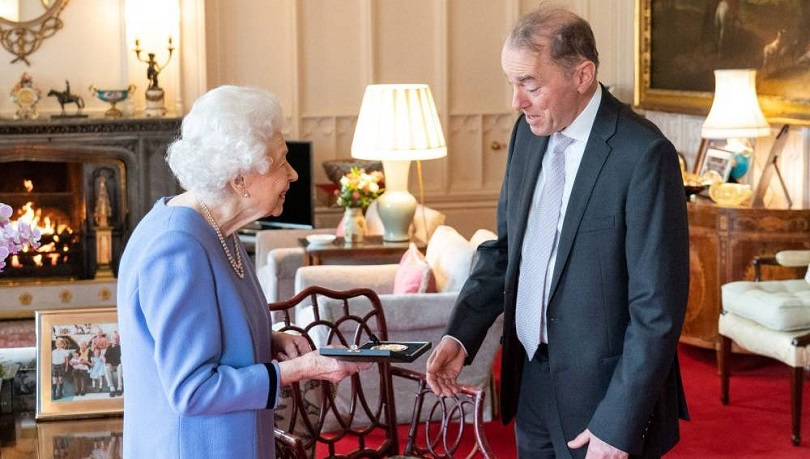




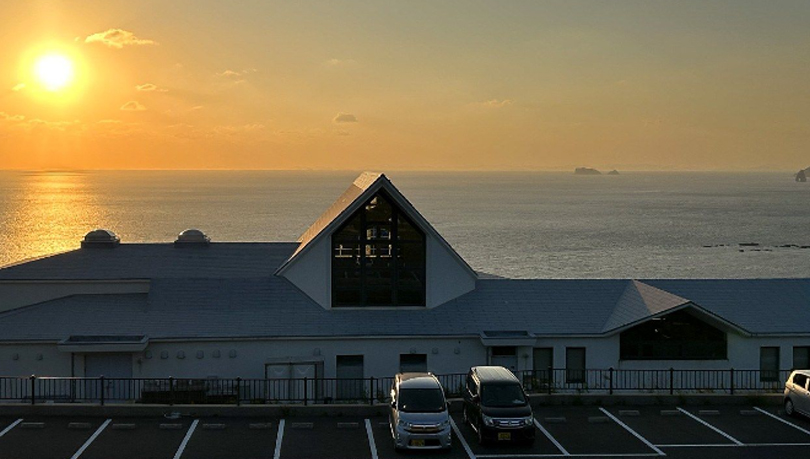

0 Comments